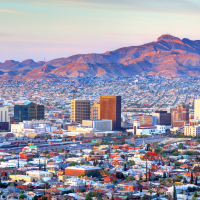



Contact Us
Akorbi’s multilingual and integrated business solutions help companies connect and communicate worldwide.




Akorbi’s multilingual and integrated business solutions help companies connect and communicate worldwide.
Search